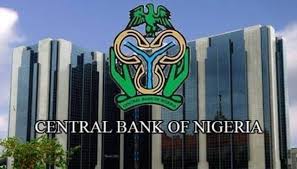The Poultry Association of Nigeria (PAN) has sounded an alarm over the possible hike in egg prices, warning that the current price of ₦5,500 per crate could skyrocket to ₦10,000 if urgent measures are not taken to support poultry farmers.
Speaking at a press briefing in Abuja on Saturday to mark World Egg Day, Musa Hakeem, Secretary of PAN’s FCT Chapter, highlighted the rising cost of transportation, exacerbated by the removal of fuel subsidies, and the relentless increase in poultry feed prices as major drivers behind the escalating cost of eggs.
Hakeem expressed concern over the Federal Government’s lack of intervention in the poultry sector, urging them to declare a state of emergency on egg production. He noted that Nigeria’s declining protein intake could worsen if the country continues to rely on imported eggs.
“If we adjust egg prices based on the rising costs of transportation and feed, we should be charging ₦10,000 per crate,” Hakeem stated. “However, because we are mindful of the importance of eggs to health and nutrition, we’ve kept prices at ₦5,500 for now.”
Despite these efforts, Hakeem warned that egg prices could soon jump to ₦6,000 as feed prices continue to rise. He pointed out that the last government grain intervention for poultry farmers was over three years ago, and the industry has yet to see tangible support, aside from promises read in newspapers.
Hakeem also called on the government to involve PAN in their intervention efforts, stressing that the association has accurate data on poultry farmers within the FCT. He lamented the prolonged neglect of the poultry sector, warning that the industry is operating on the brink of collapse without government support.
Jude Arikogu, Chief Executive Officer of Pest Agro Dealers, echoed these concerns, decrying the inconsistent and often underweight feed measurements provided by millers. “A 25kg bag of feed is often less than 23kg when measured on our scales,” he revealed.
Arikogu further lamented that poultry farmers are unable to secure financing from banks, as many financial institutions are reluctant to support the struggling industry.
Ibrahim Lamidi, Ex-Officio Officer of PAN at the national level, added that despite the tough business environment, poultry farmers are doing their best to ensure eggs remain accessible to Nigerians. He encouraged the public to incorporate eggs into their diets, emphasizing that they are a more affordable and protein-rich alternative to meat.
The PAN’s warning comes as Nigerians brace for further economic hardship, and without swift intervention, the cost of one of the country’s primary protein sources may soon become unaffordable for many households.





























